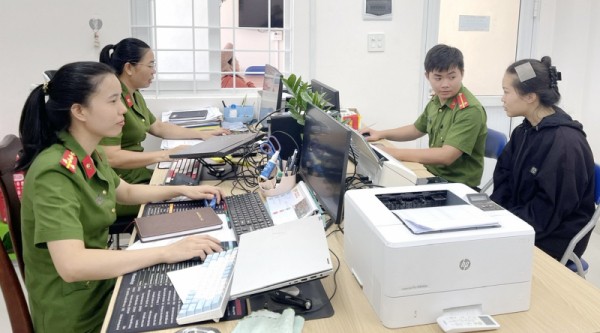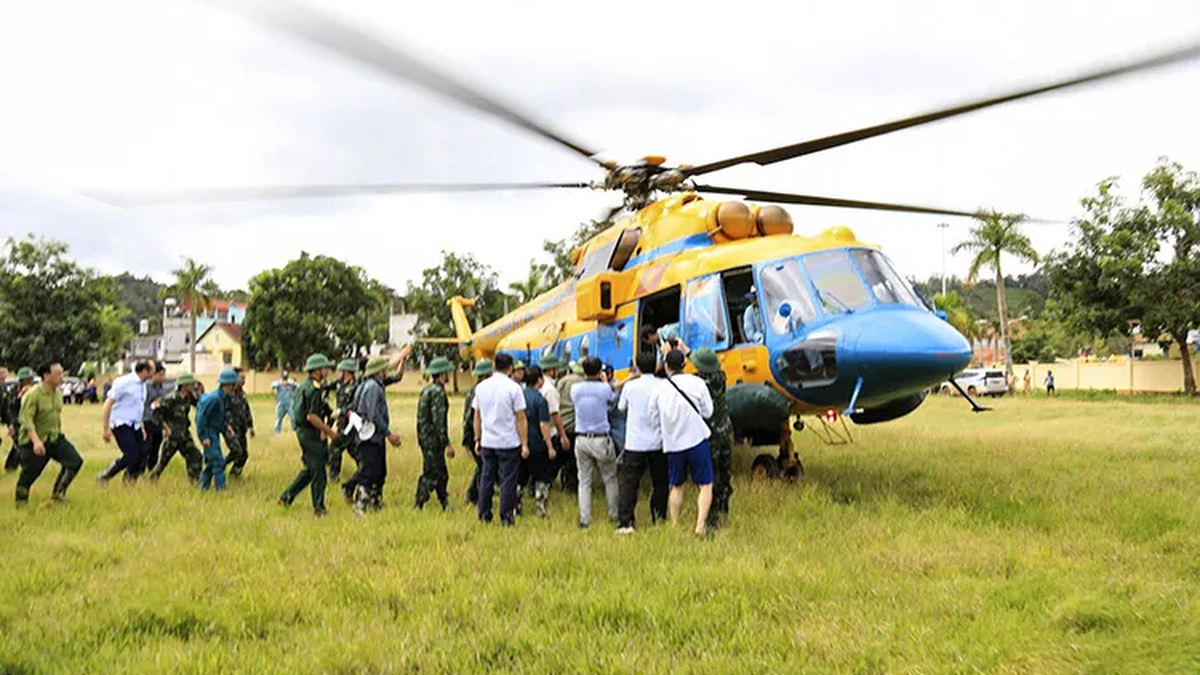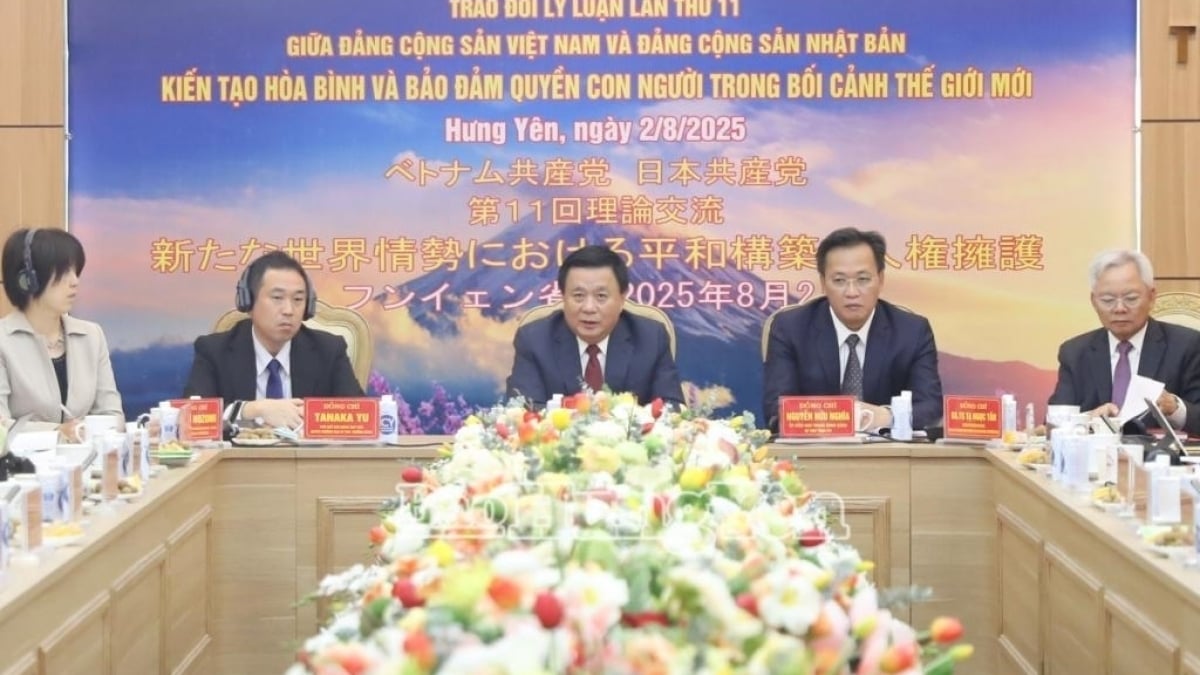Firstly, the Law has amended and supplemented 106 articles related to the arrangement and streamlining of the apparatus of competent agencies conducting proceedings and related agencies. In particular, it amends and supplements regulations related to the streamlining and rearrangement of the apparatus of the Investigation Agency from a 3-level model (ministerial level, provincial level and district level) to a 2-level model (ministerial level and provincial level); at the same time, it amends and supplements other regulations related to the activities of the People's Public Security force such as not organizing temporary detention centers, Criminal Enforcement Agencies of the District Police, etc.
In addition, the Law has amended and supplemented regulations related to streamlining and rearranging the apparatus of the Supreme People's Procuracy and the Supreme People's Court from a 4-level model (supreme, high-level, provincial, district) to 3 levels (supreme, provincial and regional) and amended and supplemented regulations related to the arrangement and adjustment of the names and apparatus of the Customs, Forestry, Fisheries Surveillance, etc. to conform to the new model and organization of the apparatus.

Second, the Law supplements the provisions that Intermediate and Senior Investigators who are Commune-level Police Chiefs or Deputy Commune-level Police Chiefs assigned by the Head of the Provincial Investigation Agency to conduct prosecution and investigation activities for less serious crimes and serious crimes occurring in the commune area have the same duties and powers as the Deputy Head of the Investigation Agency. At the same time, amend and supplement the provisions so that Intermediate and Senior Investigators who are Commune-level Police Chiefs will have the authority to apply preventive measures, coercive measures to detain people in emergency cases, temporarily detain, arrest suspects for temporary detention, etc.
Third, regarding the contents related to digital transformation of the activities of the prosecution agencies, in order to promptly implement Resolution No. 57-NQ/TW dated December 22, 2024 of the Politburo on breakthroughs in science and technology development, innovation and national digital transformation, the Law has amended 4 articles of the Criminal Procedure Code to supplement regulations on digital transformation of the activities of the prosecution agencies. Accordingly, criminal case files will be digitized and allow authorized persons to conduct proceedings to use digital signatures to sign procedural documents. In addition, the Law stipulates that procedural documents must be announced on mass media, via digital platforms, shared application software deployed at the National Data Center, information portals or websites of prosecution agencies, etc.
Fourth, the Law has supplemented the investigation and prosecution procedures in cases where the accused is absent. In practice, many particularly serious cases have occurred in the past, causing great damage to the property of the State, agencies, organizations and individuals. Although the prosecution agency has sufficient evidence to prove the crime, the current Criminal Procedure Code only has specific provisions on trial in absentia, and there are no specific provisions on this order and procedure during the investigation and prosecution stage, leading to difficulties and obstacles in handling the case as well as recovering assets. Therefore, the Law supplements the provisions that the Investigation Agency concludes the investigation and recommends prosecution, the Procuracy decides to prosecute the accused when there is sufficient basis and ensures the right to defense for the accused in two cases: The accused is on the run or the whereabouts of the accused are unknown and the search has been fruitless; The accused is abroad and cannot be summoned to serve the investigation activities or to serve the activities to decide on the prosecution. With this provision, in the coming time, it will be possible to reduce the number of suspended sentences due to the accused being wanted or for many other reasons.
Fifth, the Law has amended the procedures for reviewing death sentences before execution. Accordingly, the Law has amended the provisions at Point e, Clause 1, Article 367 in the direction of procedure, in case of no clemency, the competent authority will issue a written notice of the absence of a decision on clemency from the President. This provision replaces the previous provision that required a decision to reject the request for clemency from the President. At the same time, the time limit for the President to consider the decision on clemency for those sentenced to death is added to 1 year.
Sixth, the Law has added a measure to detain people in emergency cases before extradition is requested (Article 506a) to address urgent practical issues, especially for countries that have cooperative relations in the fight against crime with Vietnam.
Source: https://baolaocai.vn/truong-pho-truong-cong-an-cap-xa-duoc-phan-cong-tien-hanh-hoat-dong-khoi-to-dieu-tra-vu-an-post878562.html


































































































Comment (0)